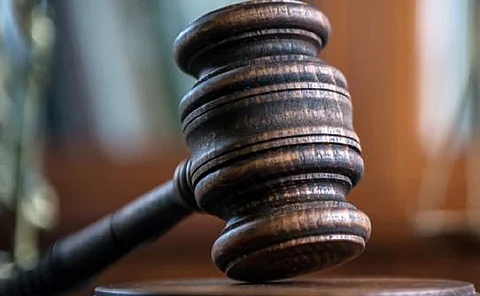

The National Green Tribunal (NGT), February 25, 2025, directed the district magistrate and the superintendent of police, Bijnor, along with the regional officer of the Uttar Pradesh Pollution Control Board, Bijnor, to ensure that no brick kiln operates without complying with environmental norms and obtaining consent to operate (CTO).
The Union Ministry of Environment, Forest and Climate Change (MoEF&CC) was directed to issue an office memorandum clarifying the legal position regarding the requirement for environmental clearance for soil mining by brick kilns for brick-making. It must also clarify the applicability of the provisions of the Environmental Impact Assessment Notification, 2006. Additionally, MoEF&CC was also told to designate the agency responsible for approving and monitoring such mining activities for brick kilns.
The Central Pollution Control Board (CPCB) was told to issue guidelines on measures for conserving topsoil and restoring/reclaiming land affected by soil mining for brick-making. These guidelines should also cover the disposal mechanism for fly ash, afforestation measures, metalling of roads used for transporting soil and bricks, dust mitigation through water sprinkling, restoration of mined areas and the usage of groundwater.
Furthermore, CPCB has been asked to consider and issue appropriate directions requiring every brick kiln to display a notice board prominently within its premises. This notice should include details such as the kiln’s name and geo-coordinates, contact number, type of kiln design (zigzag/trench), location and geo-coordinates of the soil mining site, the annual quantity of soil mined, the total area of the brick kiln, annual brick production, green belt coverage, groundwater permissions and the date of issuance of the consent to establish (CTE) and CTO by the pollution control board.
CPCB has also been instructed to examine the issue of fly ash utilisation by brick kilns by forming an expert committee or another suitable body. It must issue necessary directions for incorporating relevant conditions at the time of granting CTE/CTO by State Pollution Control Boards and Pollution Control Committees to brick kilns.
The Coimbatore Municipal Corporation submitted a report to the NGT on municipal solid waste management on February 24, 2025.
The report outlined ongoing initiatives and progress made in addressing municipal solid waste management, legacy waste bio-mining and eliminating open dumping at the Vellalore dump yard. It also details efforts to mitigate odour issues and implement new project proposals.
The Coimbatore City Municipal Corporation has formed a Solid Waste Management Committee, chaired by the deputy commissioner and comprising 14 members, including engineers, assistant commissioners and sanitary officers from all zones. This committee oversees solid waste management operations at the compost plant.
A private service provider has been appointed to collect waste daily and transport it to transfer stations at Ukkadam and Peelamedu. From there, waste is moved to the Vellalore compost yard using compactor bins managed by Coimbatore Integrated Waste Management Company Private Limited.
Additionally, a committee has been established to monitor vermicomposting under the chairmanship of the deputy commissioner, consisting of 17 officials overseeing the preparation of the vermicomposting plant, which is currently under development. The implementation process is under review and necessary amendments have been ordered, the report stated.
Officials will inspect whether vermicomposting production at the Vellalore dump yard is being carried out properly. They will also review the expenditure details related to vermicomposting production and submit a report to the commissioner through the deputy commissioner.